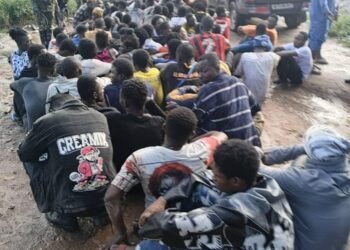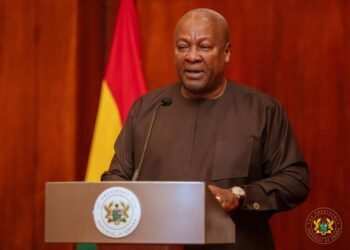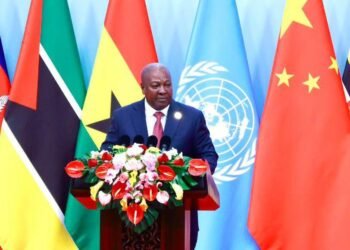In a call to fortify Ghana’s electoral system and uphold democratic principles, the Ghana Centre for Democratic Development (CDD-Ghana) has advocated for significant reforms, urging the Judicial Service of Ghana to amend PNDCL 284.
The proposed amendments according to the renowned civil society organization aim to streamline the adjudication process for parliamentary election cases at both the High Court and the Court of Appeal.
Speaking at a training workshop for journalists, Dr Kojo Pumpuni Asante, the Director of Programmes and Policy Engagement at the Ghana Centre for Democratic Development, underscored the urgency of shorter timelines for adjudicating electoral disputes.
Dr Asante recommended a maximum of 67 days and a minimum of 47 days for resolving such cases following the declaration of election results.
This proposal, he noted seeks to expedite the legal process, ensuring the timely resolution of disputes while maintaining judicial rigor.
“Going into the 2024 general election, the Electoral Commission (EC) of Ghana must establish clear legal and administrative procedures for handling irregularities by polling and collation officials during elections”.
Dr Kojo Pumpuni Asante, Director of Programmes and Policy Engagement, CDD-Ghana
While acknowledging the strides made in electoral reforms and administration, Dr. Asante further emphasized persisting challenges that demand attention from all stakeholders.
These, Mr Asante noted include deficiencies in results management and announcement, stressing the imperative to implement the Representation of the People Amendment Act (ROPAA) to broaden access abroad, and address issues related to campaign financing.

Moreover, Dr Asante stressed the necessity for the Electoral Commission (EC) to adopt transparent practices, advocating for the timely publication of detailed polling station and collation centre results on the EC’s website before the declaration of presidential election results.
He further called for enhancements in the setup of collation centres to bolster transparency and security, alongside advocating for the passage of the Affirmative Action Bill to facilitate quotas for women aspirants within political parties.
Calls for Collaborative Action
On the other hand, the National Coordinator for the Coalition of Domestic Election Observers (CODEO), Albert Arhin emphasized collaborative efforts between media practitioners and electoral stakeholders.
Mr Arhin stressed the pivotal role of the media in engaging and educating citizens on forthcoming electoral reforms to ensure a transparent, credible, and peaceful electoral process in the 2024 general election.
Echoing similar sentiments, Michael Augustus Akagbor, a Senior Programme Officer at the Ghana Centre for Democratic Development underscored the intrinsic link between elections and human rights.
He urged journalists to not only observe and monitor but also report on violations pertinent to the electoral process.
In addition, private legal practitioner and seasoned journalist, Samson Lardy Anyenini urged fellow journalists to familiarize themselves with the legal framework governing elections, empowering them to accurately educate the public on their fundamental rights in the electoral context.
Lawyer Anyenini also emphasized the importance of enhancing journalists’ understanding of legal intricacies to elevate the quality of their reporting on elections and their broader journalistic endeavours.
The workshop was organized by the Ghana Centre for Democratic Development (CDD-Ghana), with support from the European Union to build the capacity of journalists and create platforms for media practitioners to discuss and advocate electoral reforms in election results management, parliamentary election petition adjudication and affirmative action.
The program also formed part of a project aimed at promoting the implementation of electoral reforms that will enhance the credibility, transparency and peacefulness of Ghana’s 2024 election.
READ ALSO: World Bank Suspends Tanzania Tourism Fund Amid Allegations of Misuse





















